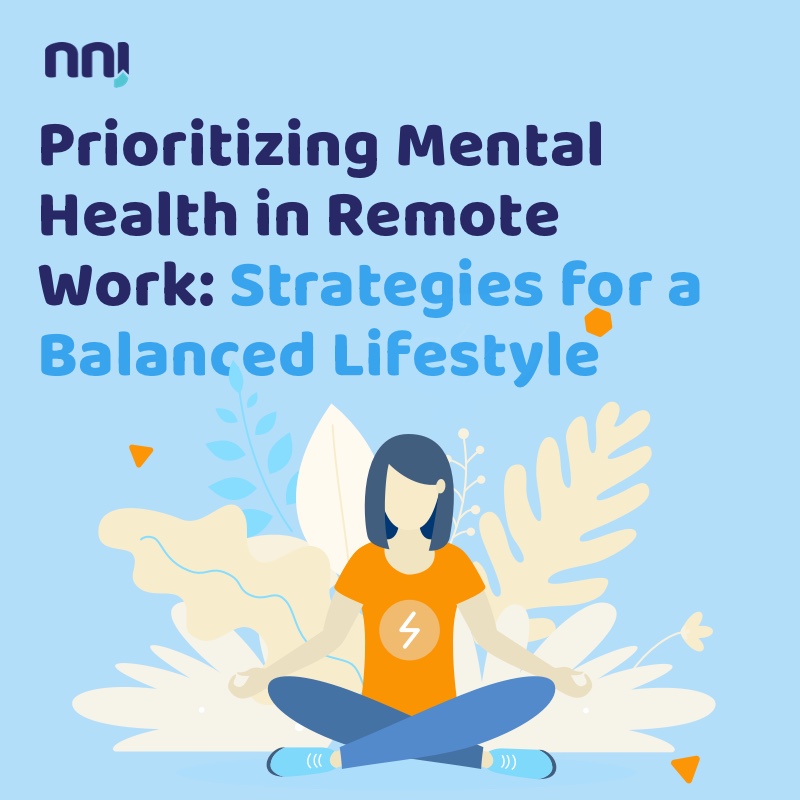Your mental health is just as important as your professional success. As remote work continues to be a significant aspect of our professional lives, it’s crucial to address the impact it can have on our mental health. Here are some practical strategies to prevent mental health decline while working remotely:
Establish Boundaries: Set clear boundaries between work and personal life. Define specific working hours and avoid the temptation to overextend beyond them. This helps create a mental separation between your professional and personal spaces.
Create a Dedicated Workspace: Designate a specific area in your home for work. This not only improves focus but also allows you to physically “leave” work at the end of the day, maintaining a sense of balance.
Take Regular Breaks: Breaks are essential for maintaining focus and preventing burnout. Incorporate short breaks throughout the day to stretch, walk, or practice mindfulness exercises. It can do wonders for your mental well-being.
Stay Connected: Social isolation can contribute to mental health challenges. Schedule virtual coffee breaks, team catch-ups, or even informal video calls with colleagues to maintain a sense of connection and camaraderie.
Communicate Openly: Be transparent about your workload and deadlines. If you’re feeling overwhelmed, communicate this to your team or supervisor. Open dialogue fosters understanding and helps in finding solutions collaboratively.
Prioritize Self-Care: Make self-care a non-negotiable part of your routine. Whether it’s exercising, reading, or simply unwinding, dedicate time to activities that bring you joy and relaxation.
Set Realistic Goals: Establish achievable daily and weekly goals. Break down larger tasks into smaller, manageable steps to avoid feeling overwhelmed. Celebrate your accomplishments, no matter how small.
Seek Professional Support: If you find your mental health declining, consider seeking support from a mental health professional. Many therapists offer virtual sessions, providing a confidential space to discuss and address your concerns.
Practice Mindfulness: Incorporate mindfulness and meditation into your routine. Apps like Headspace or Calm can guide you through short sessions to help manage stress and improve focus.
Encourage a Healthy Work-Life Integration: Instead of aiming for a perfect work-life balance, focus on integration. Allow flexibility in your schedule, so work and personal responsibilities complement each other, promoting a healthier overall lifestyle.




